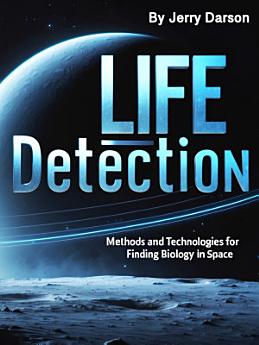Life Detection: Methods and Technologies for Finding Biology in Space
About this ebook
Understanding what constitutes life is fundamental to this search. While life on Earth provides the only known model, scientists work to define universal criteria for life—characteristics like metabolism, reproduction, and response to the environment. However, these definitions can become blurred when considering the potential for life to exist in forms vastly different from terrestrial biology. This ambiguity fuels ongoing debate and necessitates flexible yet scientifically sound frameworks for identifying life elsewhere.
Astrobiology, the scientific study of life in the universe, stands at the center of this effort. It seeks to understand not only how life might exist elsewhere but also how it originated and evolved on Earth. This field brings together research on microbial life in Earth’s most extreme environments—such as deep-sea vents and polar ice caps—as analogs for possible extraterrestrial habitats. These studies inform our expectations and guide mission designs targeting other worlds.








